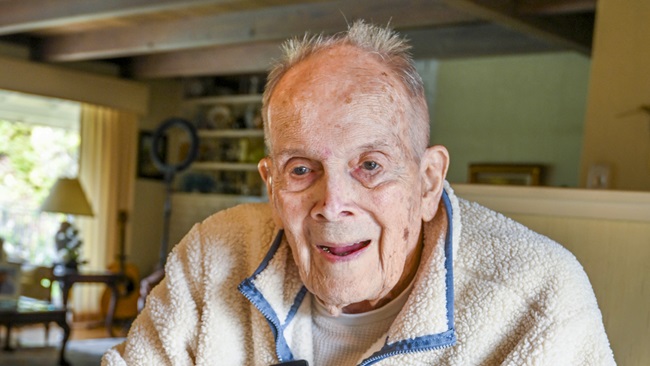SimCom Training Centers of Orlando, Fla., will acquire 14 simulators and training programs from FlightSafety International in a deal the company says responds to the current economic climate and the future needs of general aviation.
“For people to be productive, the one thing you can’t replace is time. General aviation creates time,” said SimCom Founder and CEO Wally David in an interview Aug. 18.
Transfers of equipment associated with the acquisition, which AOPA reported was in the works July 20, is expected by year’s end. On the deal’s completion, SimCom will operate 59 simulators in five U.S. training centers, and in Kirmington, the United Kingdom.
SimCom will acquire simulators for two models of the Beech King Air, Cessna 425 and 441, three Piper Cheyennes, two turboprop Twin Commanders, Beech Baron 58, Piper Navajo, Cessna 210, and Saab 2000, SimCom said. They range from advanced training devices for the piston aircraft to full-motion turboprop simulators.
“We are confident these aircraft and their operators will continue to play a major role in the future of general aviation,” said David in a statement issued by the company. “In fact, many of our customers tell us they are flying turboprops and pistons more than ever due to their utility and cost of operation.”
David told AOPA that the training devices will come to SimCom from four FlightSafety locations in Lakeland and Vero Beach, Fla.; Houston, Texas; and Wichita, Kan.
SimCom will locate its Twin Commander 1000 and 690, Twin Cessna 300/400, Cessna 425, Cessna 441, Cheyenne III, and Cessna 210 simulators and training programs at its training facility in Dallas, Texas. King Air 90, 200, Cheyenne I/II, Navajo, Beech Baron 58 and Saab 2000 training will be situated in Orlando.
As businesses go through the “rather wrenching contraction” occurring in the economy, they are redoubling their emphasis on cost efficiency—and general aviation aircraft are often the solution, David said.
“Everybody is watching costs, and because of that they are choosing the airplane that fits the mission,” he said.
The company, which also has training centers in Glendale and Scottsdale, Ariz., said customers should expect the changes to have “minimal impact” on their training schedules and needs.



